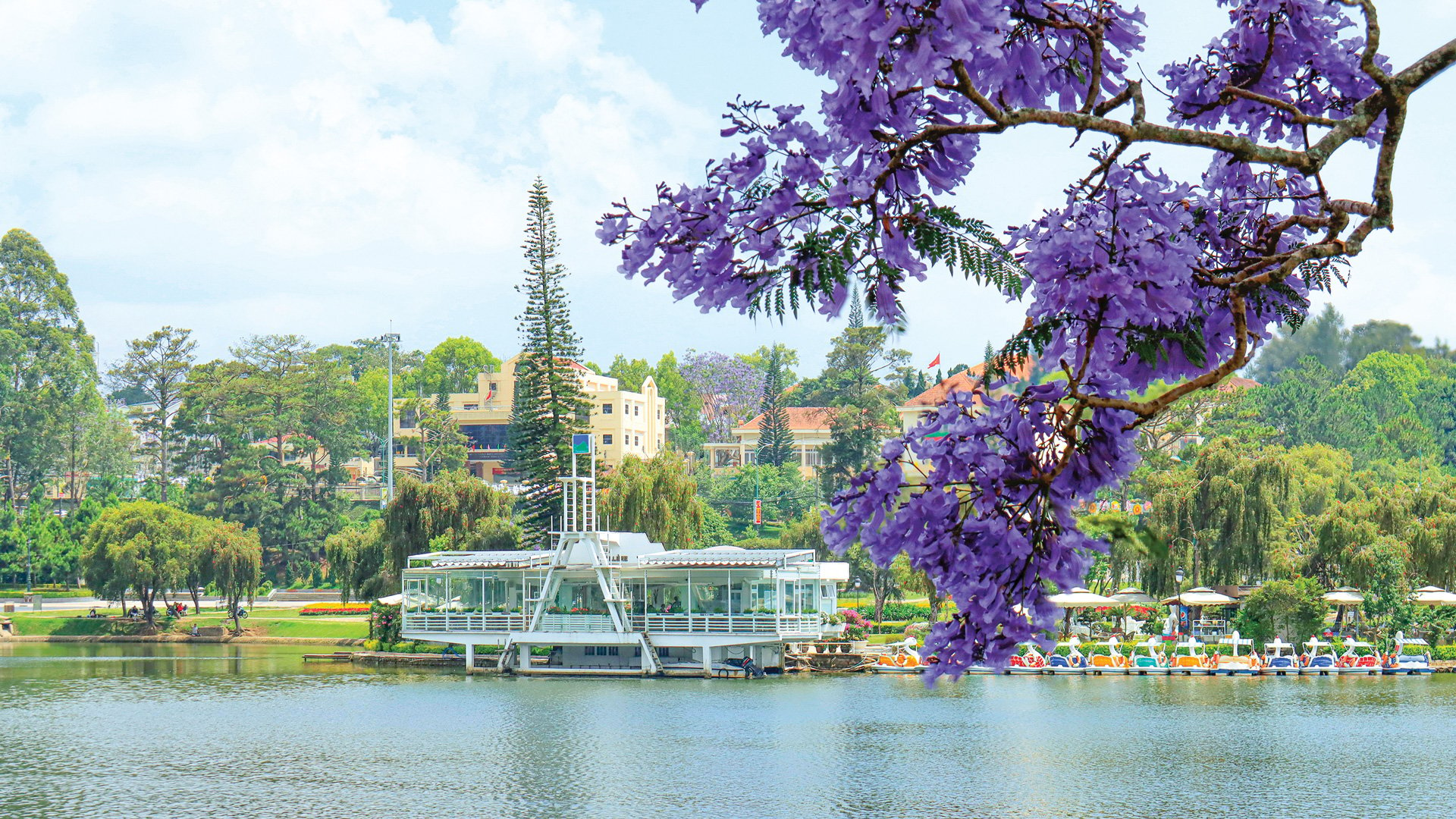 |
| Photo: Illustration |
“Revolution” in my mind at that time was very impressive. The adults explained to me that the red half of the sacred flag symbolized the North which had gained independence; the blue half of the flag symbolized the South which was temporarily occupied by the enemy; the five-pointed yellow star symbolized the five classes: scholars, farmers, workers, merchants, and soldiers with the spirit of solidarity in fighting to protect the country. Since the revolutionary flag was hung on the roof, every night, I no longer had to be startled by the sound of gunfire, nor did I have to run to the shelter every time there was an artillery attack. From then on, my small mountainside hamlet had a peaceful sleep. Right after the country was reunified, although the 1974-1975 school year was still unfinished, we children did not return to school immediately. At night, in the village, in the neighborhood often had collective activities, adults studied to understand the revolution, and children had cultural activities in each neighborhood. In hamlet 1, there was a very large yard of Mr. Lam Quang Lac's house, where dozens of us children gathered. I remember those bustling nights of dancing and singing, and there was always the song "Like having Uncle Ho on the great victory day" by musician Pham Tuyen. We children played until late at night before going home to sleep. In my opinion, the revolution was not as scary as I had heard before.
At that time, very few houses had televisions, and cassette players were also rare. In my memory, at 5am and 6pm, loudspeakers were placed on tall poles on the main road of the village, at the entrance of each hamlet (the An Hiep village where I lived had a chessboard-style road). I loved the sweet, soulful voice of the female announcer - People's Artist Tuyet Mai: "This is the voice of Vietnam, broadcasting from Hanoi..." In addition to the news, people also heard information about science, about ways to increase crop productivity, listened to stories, etc. I really enjoyed listening to revolutionary songs such as "Uncle is marching with us" (Huy Thuc), "The sound of pestles on Bom Bo village" (Xuan Hong), "The girls of the Mekong Delta" (Huynh Tho), "The girl sharpening spikes" (Hoang Hiep)... Actually, at that time I did not remember the names of the musicians, I only felt the melody and lyrics and felt inspired by those songs. The revolution in my mind was the image of heroic soldiers marching to battle; it was the people of the whole country, including the ethnic minorities who contributed their blood, bones and efforts to the fight for the independence and freedom of the Fatherland. In my youth, I could not imagine the difficulties, hardships, sacrifices and losses that our army and people had to go through to achieve the Great Victory of Spring 1975...
I gradually understood more about the revolution from the lessons at school. I admired Kim Dong and Luom, who worked as liaison officers at a very young age; and Vo Thi Sau, a heroic female martyr from the Red Land. I read the story “Living like an Englishman” by Tran Dinh Van and felt sad for the heroic electrician Nguyen Van Troi and understood that for the independence and freedom of the Fatherland, for the great cause of unifying the country, many people sacrificed their youth, love, family happiness and their lives. Reading the story “Homeland” by writer Vo Quang, my soul - a sixth grade female student - was filled with emotions of love for my homeland.
My homeland in my heart has flocks of storks spreading their wings over the green rice fields of Duc Trong; there is the sound of Lien Khuong waterfall roaring day and night on the rocky shore. My homeland in me has the image of my parents working hard in the fields with their shirts soaked with sweat under the harsh sun of the highlands at noon and afternoon. I love the small school in the village that combines primary and secondary levels but has only 8 classrooms. Therefore, the school has to take advantage of the village hall for two classes to study back to back without a partition in between... Since April 1975, my homeland in me also has radio broadcasts from the Voice of Vietnam, the military program, and Lam Dong Provincial Radio in the morning and evening on the loudspeaker pole at the beginning of the village. That sound echoes on the country roads, on the fields for a bountiful harvest, under the moonlight when couples date in the faint scent of coffee flowers blooming white on the hills.
Thanks to the historic month of April, the spiritual life of the people in my village has become richer. There was a time when the district's mobile film team often came to show films in the school yard. Every month, the team members came back five or seven times. On those days, from the afternoon, the people in our village were bustling, everyone invited each other to eat early to go watch the film. The school yard was always full of people. We children watched the film and played around, it was so much fun. Thanks to those mobile film shows, I learned a lot about the painful but heroic struggle of our nation, understood the patriotism and the desire for peace and independence of the Vietnamese people. During my childhood, I watched Soviet films from the Great Patriotic War such as “When the Cranes Fly Over”, “And Here the Dawn Is Quiet”, “Song of the Soldier” or “They Fought for the Fatherland”… Through those classic films, we children understood the heinous crimes of the German fascists, hated evil and saw, to have a peaceful life, humanity had to pay the price with so much blood and tears.
Over the years, I became a Literature teacher; the beautiful memories of the historic April in the small mountainside village helped me become more passionate about my lectures. I think that love for one's homeland does not come naturally; moreover, that sacred feeling will make one's soul grow and see that life is truly worth living. At a time when our entire nation is excitedly celebrating the 50th anniversary of the country's unification, memories of the historic April stir up many emotions in my heart. Thank you for the history of our nation for giving us an April of 1975 when the national flag was a bright red! Although we are living in a peaceful and happy country, in our hearts, we cannot help but choke up when thinking about the boundless sacrifices of many generations of Vietnamese people to regain independence and freedom, to build precious values for today's life...
Source: https://baolamdong.vn/van-hoa-nghe-thuat/202505/thang-tu-trong-mien-nho-a2721fd/


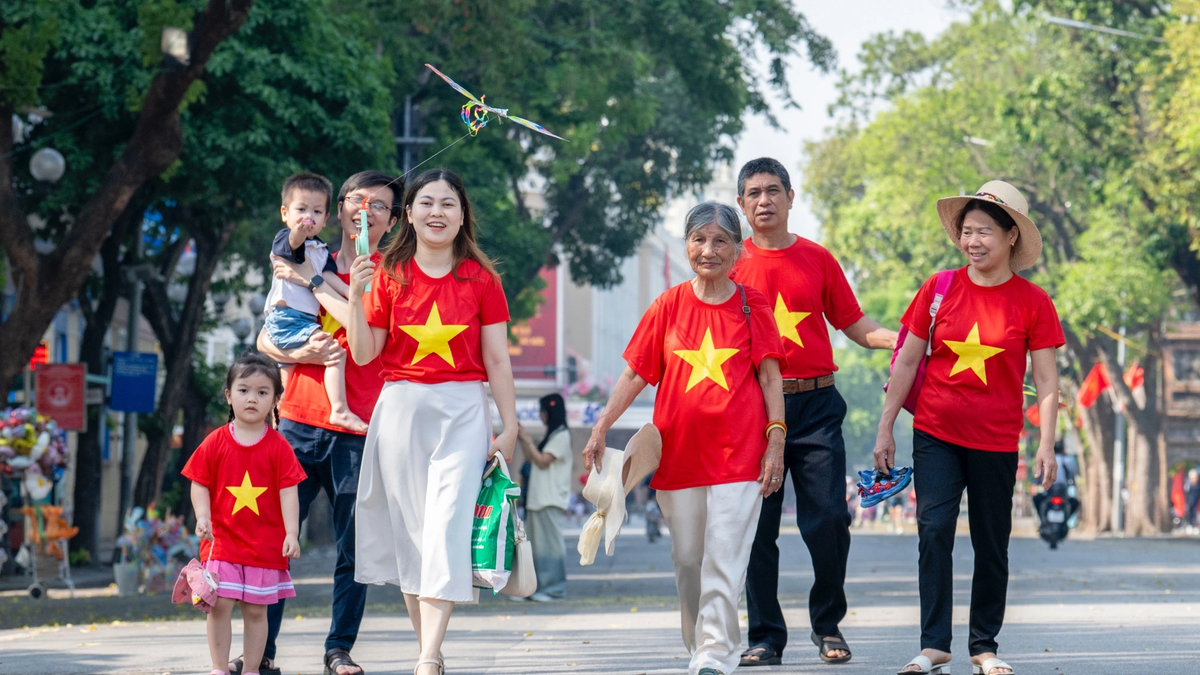
![[Photo] Thousands of Buddhists wait to worship Buddha's relics in Binh Chanh district](https://vphoto.vietnam.vn/thumb/1200x675/vietnam/resource/IMAGE/2025/5/3/e25a3fc76a6b41a5ac5ddb93627f4a7a)


![[Photo] Bustling construction at key national traffic construction sites](https://vphoto.vietnam.vn/thumb/1200x675/vietnam/resource/IMAGE/2025/5/2/a99d56a8d6774aeab19bfccd372dc3e9)

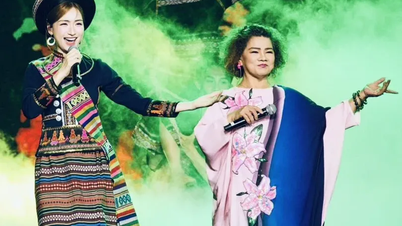

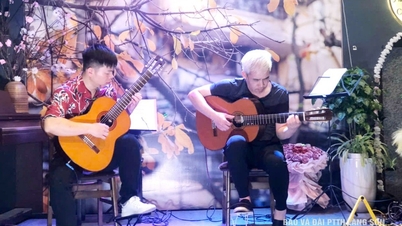
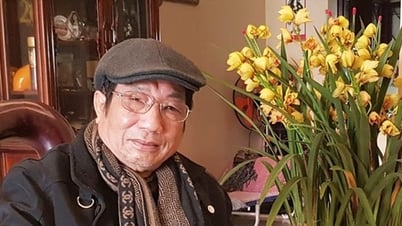






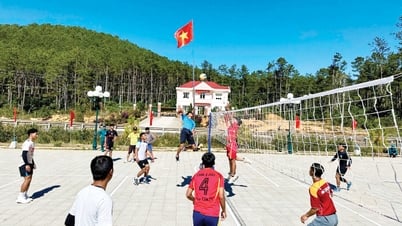
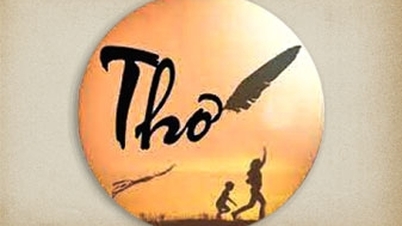

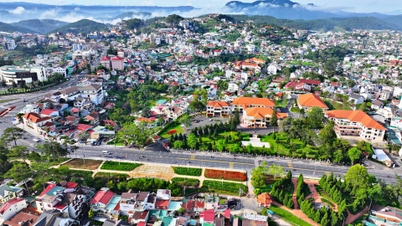



![[Photo] "Lovely" moments on the 30/4 holiday](https://vphoto.vietnam.vn/thumb/1200x675/vietnam/resource/IMAGE/2025/5/1/26d5d698f36b498287397db9e2f9d16c)








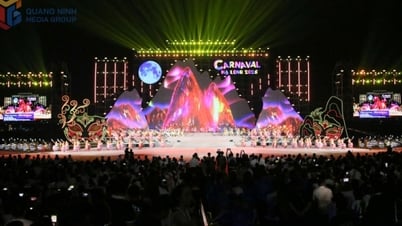

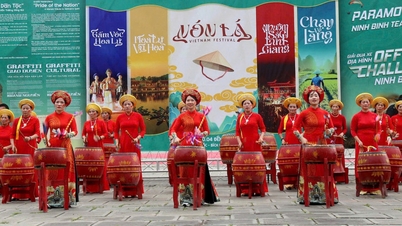





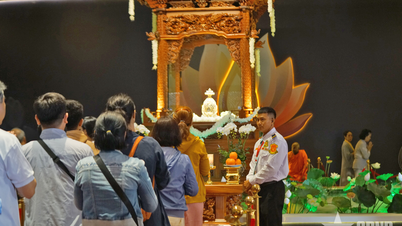

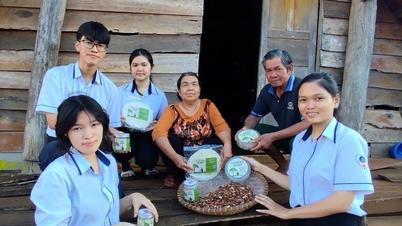


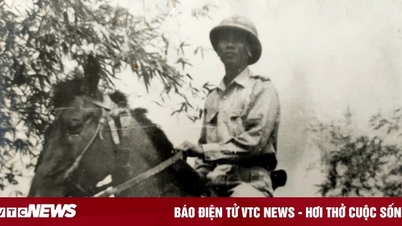









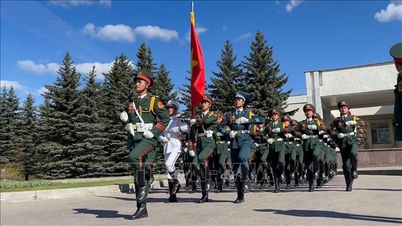



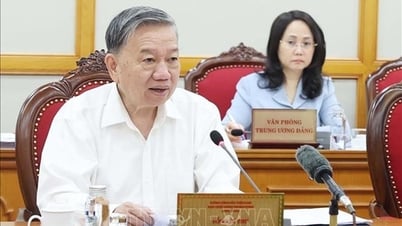

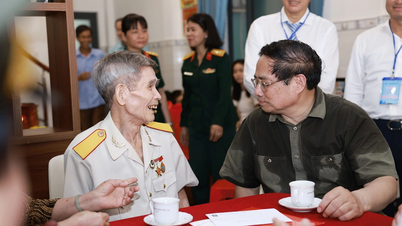














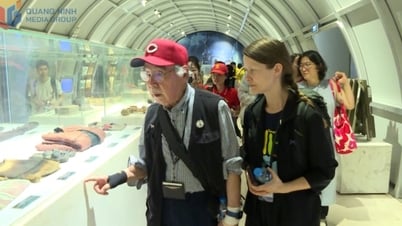



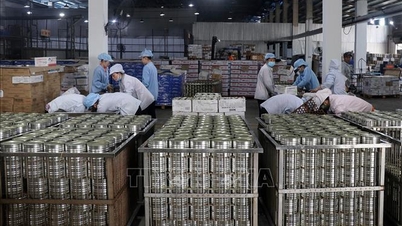










Comment (0)